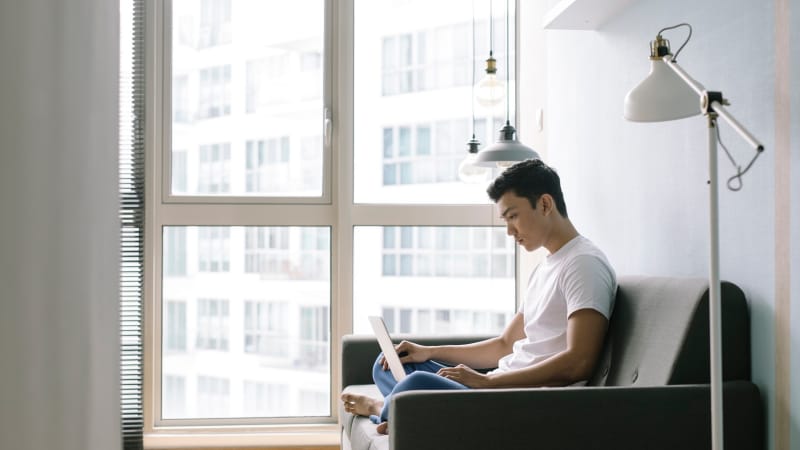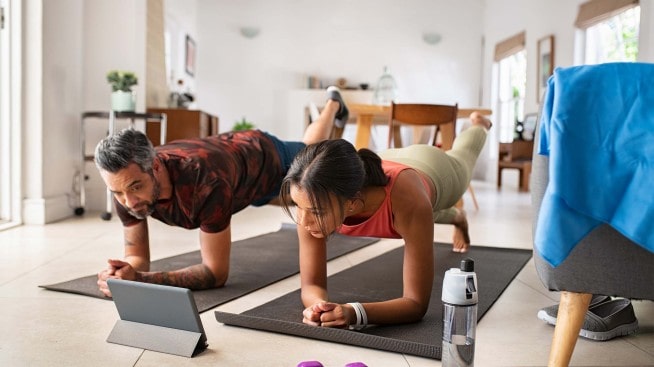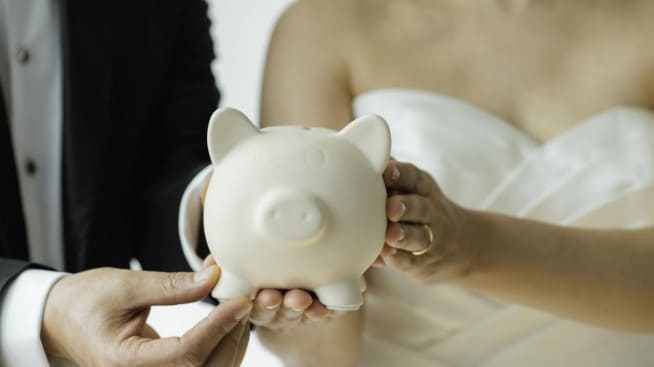What is minimalism? 4 ways to adopt a minimalistic lifestyle

If you're looking for a way to simplify your life, minimalism might be the lifestyle for you. A minimalist lifestyle is intentionally living with fewer possessions — focusing only on the ones you need. Living with less may be the right choice if you're feeling overwhelmed with clutter, if you're looking for fewer distractions, or if you're looking to cut back on spending.
Living a minimalist lifestyle
So, what is a minimalist lifestyle exactly? The key is intention. People who practice a minimalistic lifestyle only own items that serve a purpose in their lives and eliminate the things that distract from the clothing, décor, hobbies and tools they truly value. Minimalism looks different from person to person, so it will really be up to you on what you keep and what you get rid of based on the things that are important to you.
Many people decide to try minimalism to reduce stress. If you find yourself with an overwhelming schedule, cluttered closets or a busy mind, you may want to try living with less — fewer commitments, fewer possessions and fewer distractions.
4 ways to help implement a minimalist lifestyle
Living a minimalistic lifestyle means reflecting on your values and then following through on cutting things out that are no longer serving you.
Decluttering
A good place to begin may be decluttering your physical space. You can start as simply as getting rid of one item, such as a piece of décor, that you don't want or need. From there, choose a decluttering technique that works for you. For instance, you may want to start with the knickknacks on your shelves or holiday decorations in storage. If you haven't used it in the past year, consider donating, selling or getting rid of it. Or you may want to start with the most frequently used spaces in your home. Consider each item individually and decide whether it's necessary, useful or brings you joy. A minimalistic lifestyle isn't about getting rid of all of your possessions — it's about keeping the most important ones.
Kitchen tips
The kitchen is one of the easiest places to reduce clutter or extraneous items. To start, consider the items you use most often. Go through your appliances, silverware, bowls, plates and tools and drop any that you don't use. From there, further whittle down your collection by following the “best, favorite, necessary” rule. For instance, if you have three mixing bowls of the same size, consider which one is your favorite or works the best and eliminate the others.
For items like mugs, plates and silverware, try not to keep more than you need. When it comes to your appliances, try and find multi-use appliances. For example, a toaster oven that also has an air fry option or a food processor that also works as a blender.
Minimalist wardrobe
Clothing is another thing that's easy to hoard — especially if you live somewhere with all four seasons that seem to require an ever-rotating wardrobe. One of the easiest ways to begin shrinking your closet is by trying everything on. Get rid of anything that doesn't fit or that you don't feel confident in and donate any shoes that aren't comfortable. You may also want to start transitioning to a capsule wardrobe. This means you own everything you need for daily wear while keeping a minimal wardrobe. For the future, consider renting clothing for special occasions rather than purchasing a new outfit that you may only wear once.
Adjust your thought process
The initial decluttering of possessions in your home will likely feel relieving for some or challenging for others. However, maintaining a minimalistic lifestyle is a much more internal process than external, and changing your mindset is an important part of achieving success. Practicing mindfulness, especially when you shop, is an important part of minimalism. Before making purchases try to imagine how the item would fit into your life, how often you would use it and whether it's necessary.
It's also important to give yourself grace. Transitioning to a minimalistic lifestyle is a big change, so don't expect to be perfect overnight. Give yourself time to make changes and find what works for you.
Benefits of minimalism
The benefits of living a minimalistic lifestyle can vary by person, but many people find it helps create physical, mental and emotional space. Some people may find excess clutter anxiety inducing, so adopting a minimalistic lifestyle may help relieve some of that. Realizing you need less will also help you save money as you refrain from purchasing things you don't need.
You may also find minimalism helps reduce your attachment to physical things, which may help improve your mental health or increase your satisfaction with what you do have. And lastly, minimalism can be a way to be more eco-friendly. Reducing consumption and excessive shopping and instead investing in fewer possessions of higher quality is a more sustainable way to shop.
What's more
Choosing to pursue a more minimalist lifestyle is something you may want to consider if you're looking to reduce clutter and stress. It requires some major lifestyle and mindset changes, but if it's something you want to commit to you may see many benefits.



